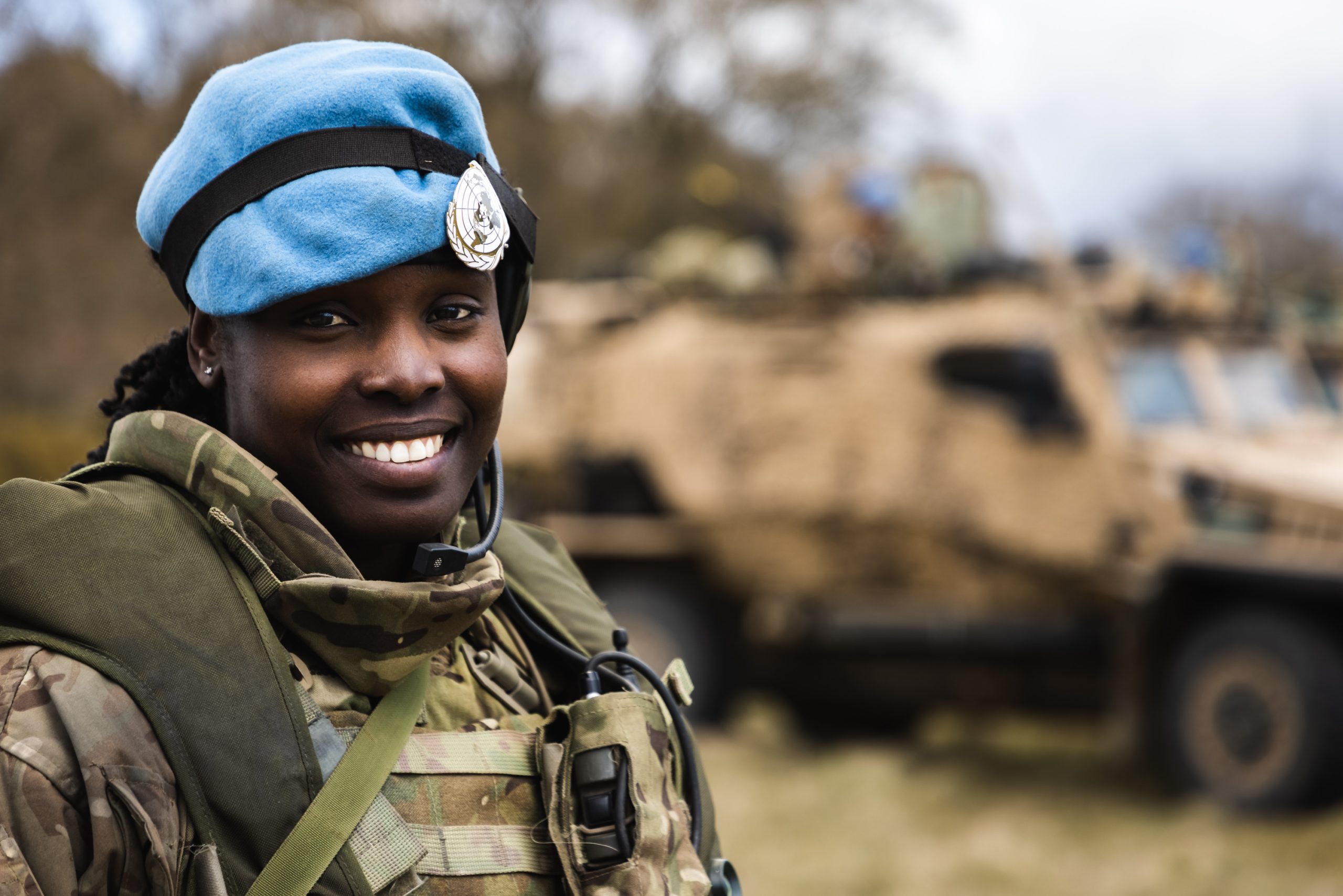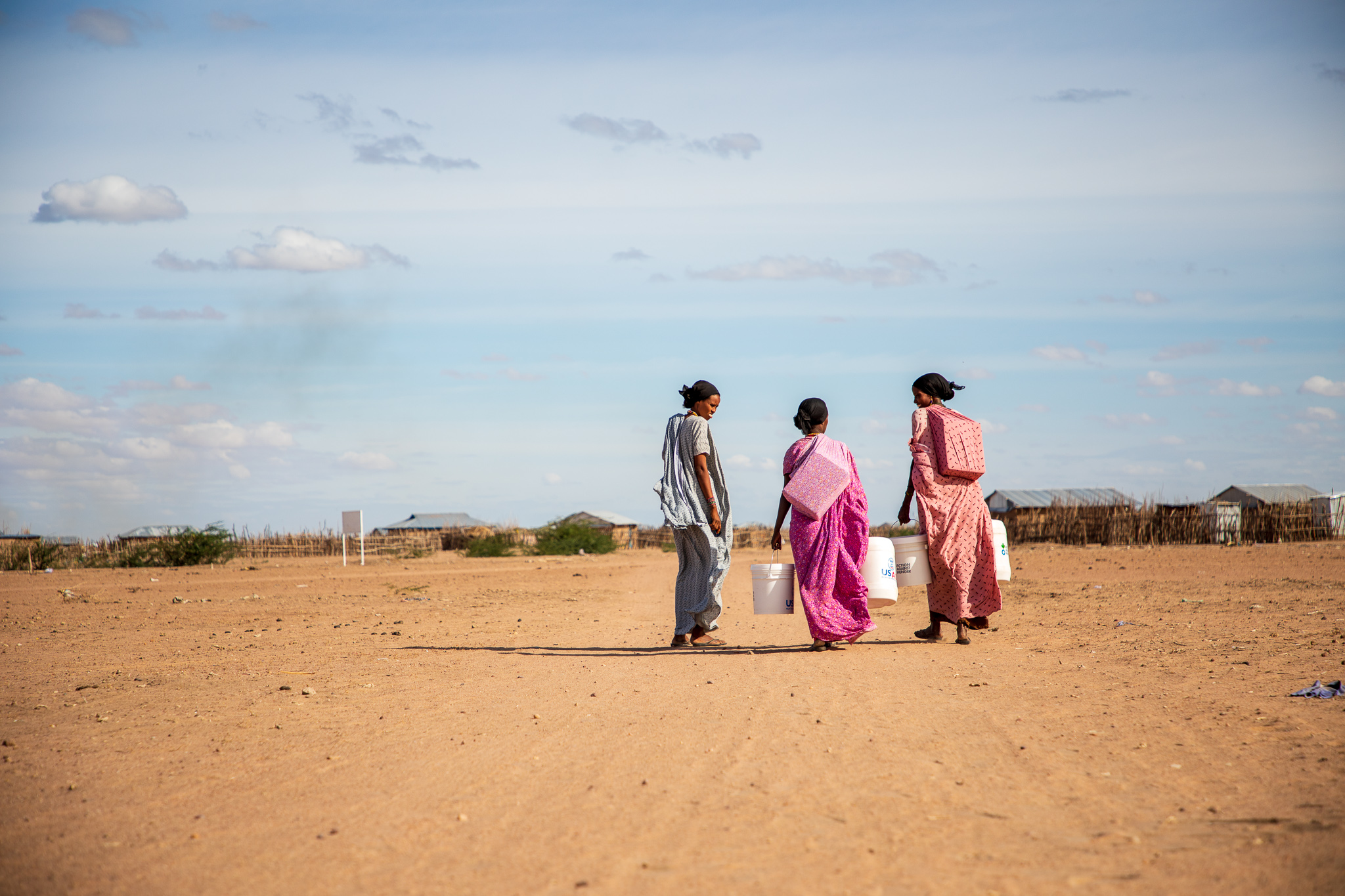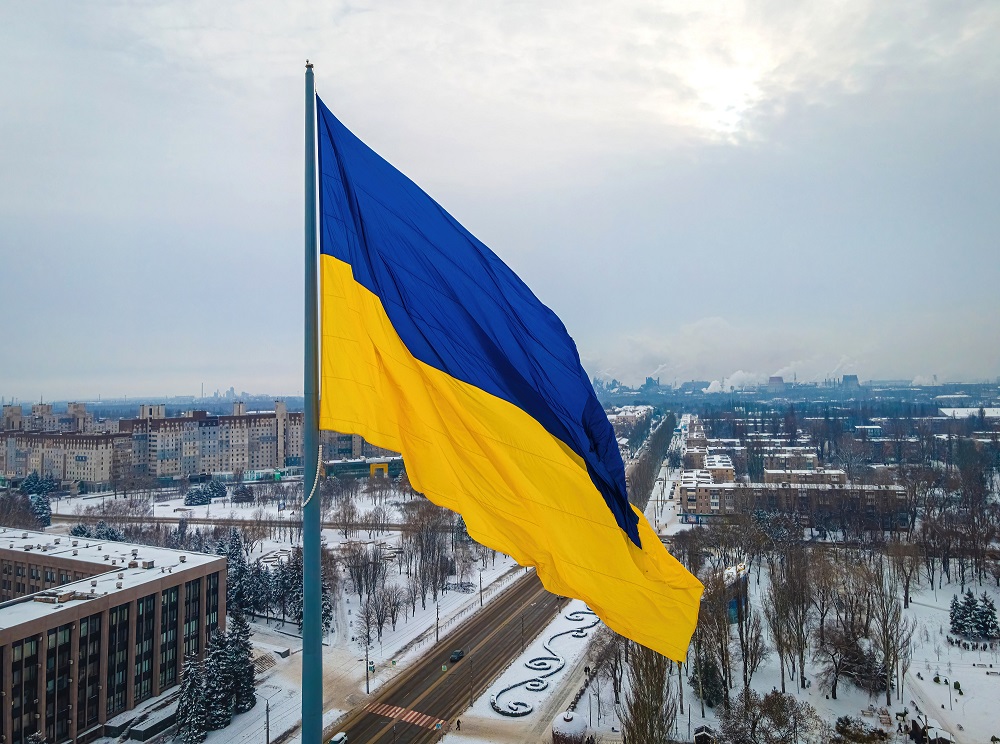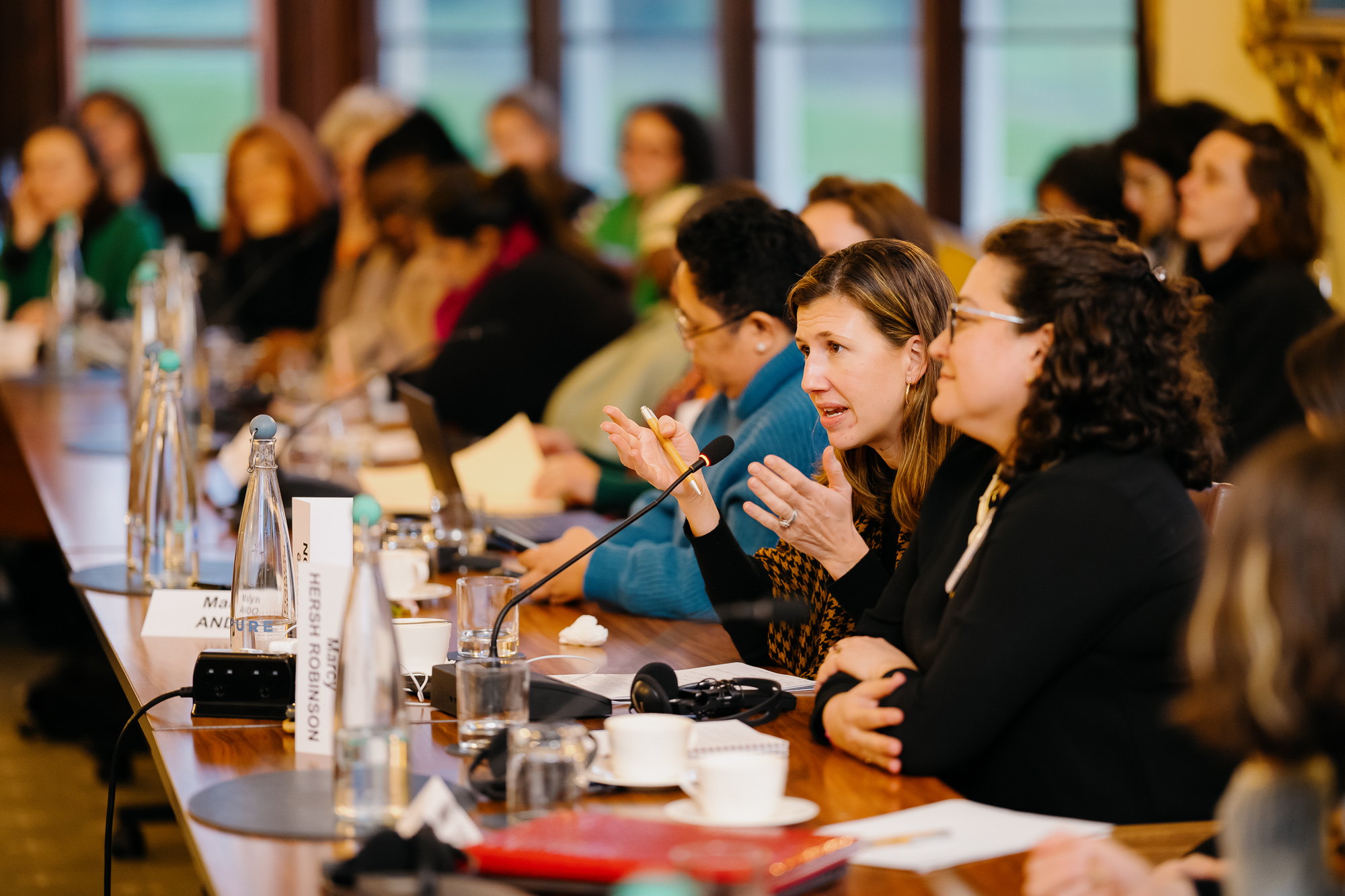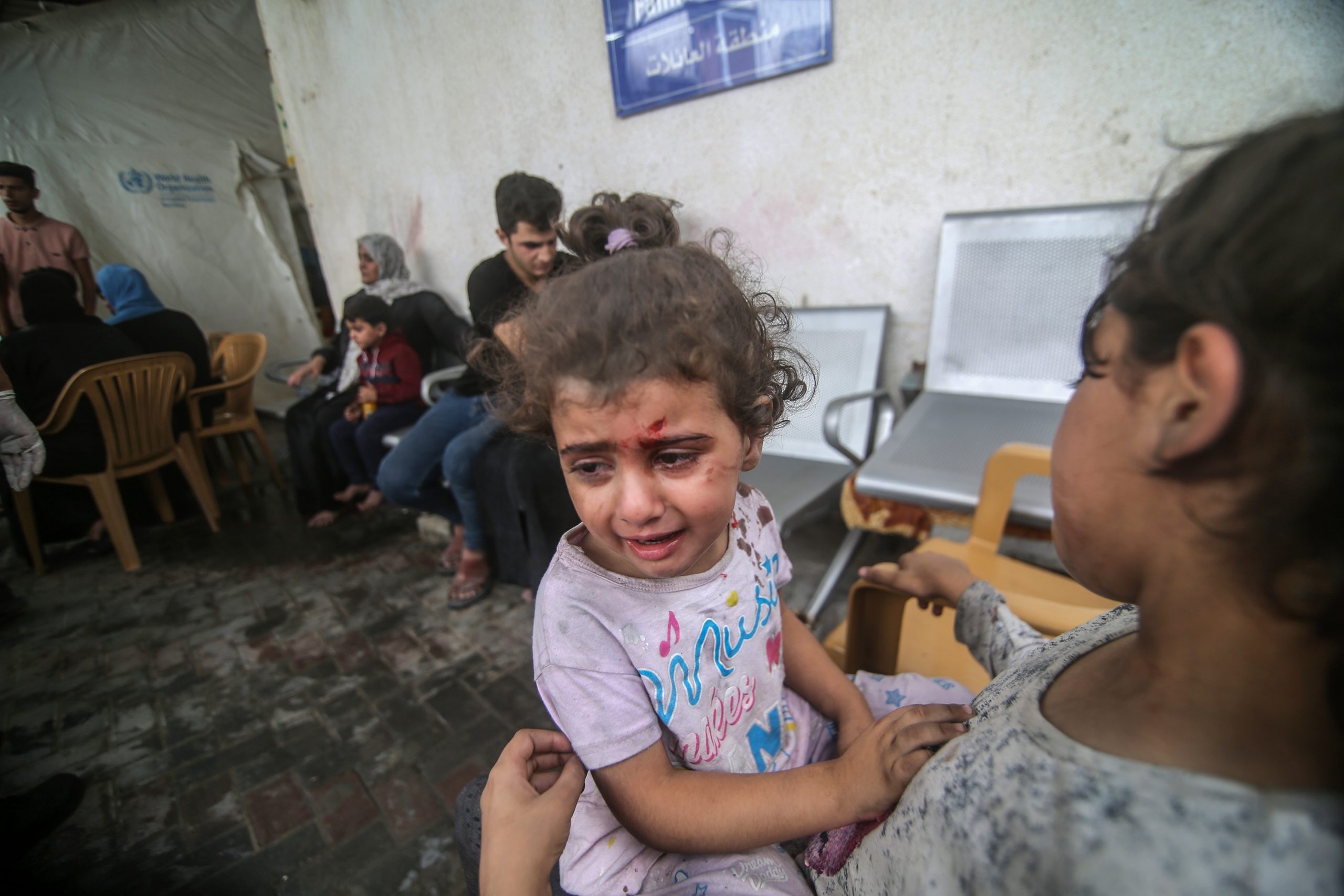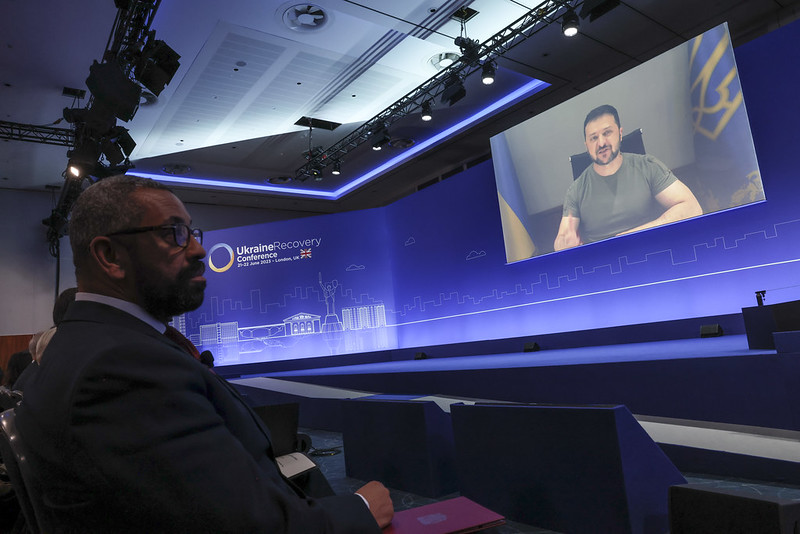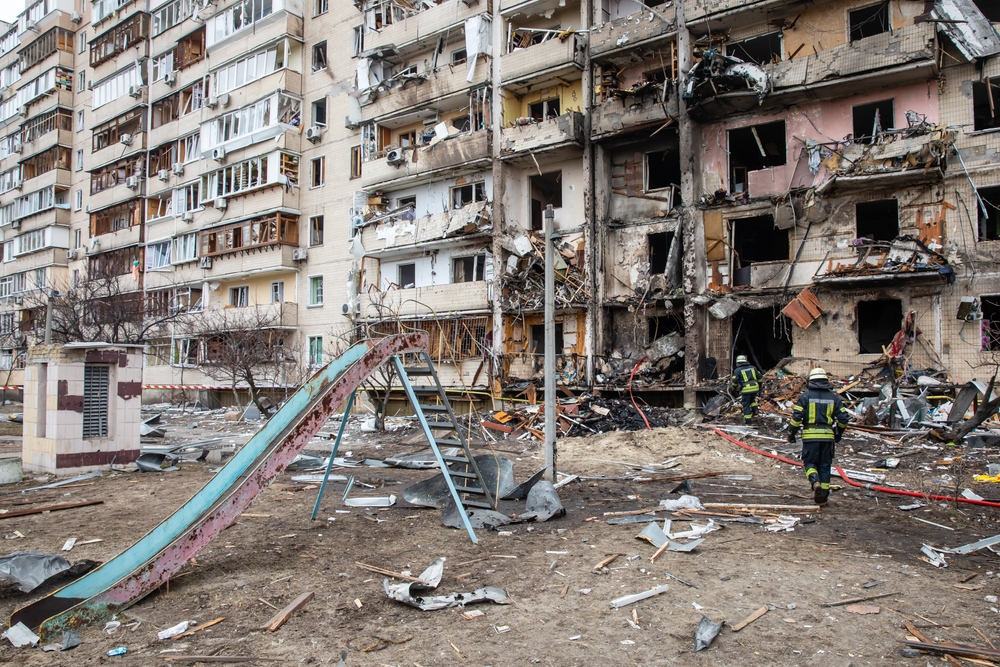Afghanistan has faced close to four decades of conflict. Today, the Afghan government, with support from its international partners, continues to fight a resilient Taliban insurgency. In the current military and political context, neither the government nor the insurgency looks likely to achieve an overall victory, and an inclusive, negotiated peace provides the only realistic route towards long term stability.
Over the course of 2018, efforts to end the conflict in Afghanistan gained fresh momentum from President Ashraf Ghani’s peace offer in February, a popular peace movement that subsequently emerged in much of the country, an unprecedented national ceasefire in June, and the appointment of Ambassador Zalmay Khalilzad to lead US peace efforts, among other developments. The initiation of direct talks between representatives of the US and the Taliban, and President Trump’s signalling an intent to withdraw militarily, has placed a negotiated settlement on top of the agenda. Violence continues at an extraordinary rate, but the norm during internal conflicts around the world has been for political processes to take place even while fighting continues.
With the prospects for peace in Afghanistan seemingly better than at any time since 2001, it has become more important than ever for Afghan stakeholders to assess lessons other peace processes and their potential adaptation to the Afghan context. With support from the Foreign and Commonwealth Office and the Ministry of Foreign Affairs of the Republic of Turkey, we invited Afghans from government, parliament, the military and civil society, along with representatives of some of Afghanistan’s key international partners as well as international experts on peace processes, to a two-day conference in Istanbul. The goals of the conference were to:
- Examine negotiations in relevant internal conflicts from other countries to gain insights on the range of modalities and objectives pursued, and under what circumstances;
- Assess what lessons from these conflicts might be applicable to the Afghan context; and
- Draw on these lessons to outline potential strategies for political engagement – including what support Afghanistan’s international partners could effectively provide.
The conference was warmly embraced by participants, who recognised the need for more focused discussions – both on substance and design – of an Afghan peace process. The opportunity to discuss with fellow Afghans holding a variety of views, informed by interventions by external experts on lessons from other peace processes, and away from the heated climate of Kabul politics, was equally welcome. The open and direct nature of the discussions reflect the deep changes in Afghan society over the past 17 years and signify a deep commitment to the process that lies ahead. A follow-up, if possible including representatives of all sides, would be strongly embraced.



